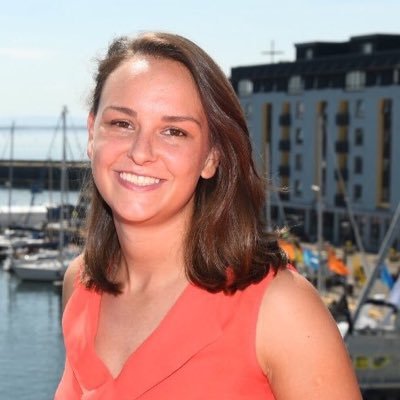 Ms. Catherine Jordan (@jorrrdy), Marine Institute / NUIG is taking part in Soapbox Science Galway on 29th June with the talk: “Monitoring our Oceans from Space!”
Ms. Catherine Jordan (@jorrrdy), Marine Institute / NUIG is taking part in Soapbox Science Galway on 29th June with the talk: “Monitoring our Oceans from Space!”
SS: How did you get to your current position?
My name is Catherine Jordan. I am currently doing my PhD with the Marine Institute and NUIG Ireland researching Ocean Colour and looking into how to observe phytoplankton blooms from space using satellites. Satellites are very useful tools for monitoring the ocean as they can cover vast areas in a short space of time.
I started out by studying a degree in Earth and Ocean sciences in NUIG and after graduating I was incredibly lucky to get a job in the National Aquarium of Ireland in Galway as the Senior Aquarist where I spent a few years doing a range of work from breeding jellyfish and seahorses to educating people from a young age to adults in the aquarium and schools about our native marine life. I decided then to return to university to study a masters in Marine Biology in University College Cork as I was sure I found my passion. Again, after I graduated I was again very lucky to get not only a job in my field but in Ireland and it was as a scientific officer for the aquaculture and shellfisheries team with the Loughs Agency in Derry. My job was great, I spent a lot of time on boats, in the lab and working in an office so I learned a whole range of skills, my job focused on doing stock assessments of the native oyster fishery, one of the last remaining productive native oyster fisheries in Europe and also collecting biological data for an ecosystem model which is used to determine how much life Lough Foyle could sustain. Taking all the skills I learned between working and studying I am now working in a completely new area of science using satellites to monitor phytoplankton blooms from space! It is an incredible area of science and I am very lucky to have been given this position to research novel technologies for Ireland.
SS: What, or who, inspired you to get a career in science?
I always had an interest in the natural world from a very young age. I grew up beside the Atlantic Ocean in North Mayo, Ireland and I was very lucky as my parents had a boat from when I was very young so I spent a lot of time surrounded by water and fascinated by the ocean from my early childhood. During our summer holidays, my brother and I spent most of our time exploring rockpools or while we were on holidays we would always be brought to aquariums around the world and when I was 10 I decided I wanted to be a marine biologist. During secondary school years this career choice swayed when I started to focus on career choices people told me I would be good at (and now I know I wouldn’t have enjoyed) but luckily I found my passion again thanks to my parents who always encouraged myself and my brother to go after what we loved. Therefore, my family have been my main inspiration from a very young age to go for a career in science.
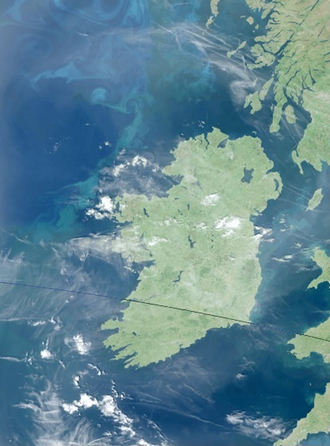
Ireland, June 27th 2018 during the heatwave
SS: What is the most fascinating aspect of your research/work?
That you can monitor the ocean from Space! This area of science is very new to me as I am only in my second year of my PhD so I find everything I am learning fascinating.
Overall one of the main goals of my PhD is to identify phytoplankton blooms from space using satellite technology.
Marine phytoplankton are extremely important in the ocean as they form the foundation of the food web for most marine life, play an important role in biogeochemical cycles and generate most of the oxygen we breath on the planet; all phytoplankton photosynthesize, meaning they consume carbon dioxide and release oxygen.
When conditions are right, phytoplankton populations can grow explosively, and form a ‘bloom’ and sometimes these are visible from space. In most cases phytoplankton blooms are of great benefit to the overall ecosystem as it is a source of food for wild fisheries and aquaculture from the smallest organisms in the ocean to the largest marine mammals in the ocean. However, some algal blooms can have a negative impact on their surrounding environments. A small proportion of phytoplankton species produce toxins and when these blooms, they are known as harmful algae blooms (HABs). HABs can result in serious economic loss to tourism, aquaculture and fisheries and in turn result in major health impacts. In order to mitigate the effects of these blooms, early detection methods are always being explored. Satellites can provide early wide-scale warning of these algae blooms.
Remote sensing techniques have become powerful tools to monitor and identify a range of parameters in the ocean and on land over vast distances.
Satellite ocean colour sensors measure the sunlight scattered back to the satellite from seawater. Sunlight interacts with the ocean in different ways, depending on what particles it interacts with, and most phytoplankton tend to reflect back a green colour but this can vary with species.
In order to be confident in the data supplied by the satellite’s sensors, in-situ measurements are required for validation therefore a lot of my PhD with be validating satellite measurements. I will be doing this by measuring optical properties of light by using different instruments and methods such as; Hyperspectral Radiometers which measure sea surface reflectance, the underwater light field, measuring phytoplankton particulate absorption data and testing whether we can identify the species responsible for the blooms from space by testing algorithms developed for use in Irish waters.
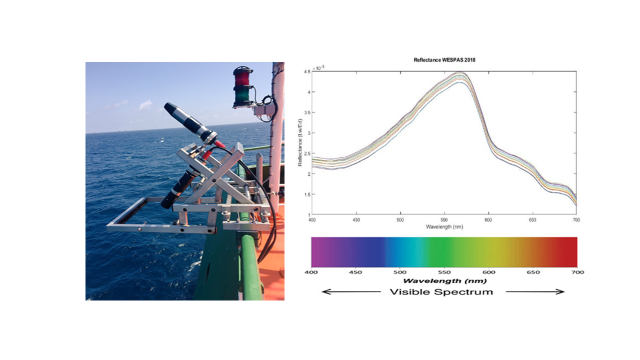
An example of Hyperspectral Radiometers measuring sea surface reflectance and a reflectance graph showing colour the ocean is reflecting back helping us identify what particles are in the ocean
SS: What attracted you to Soapbox Science in the first place?
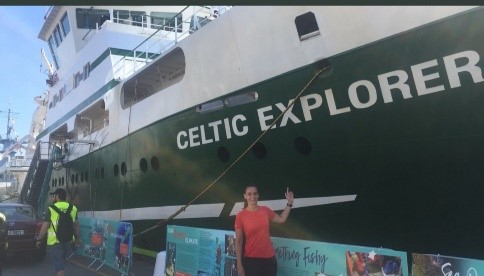
I am very passionate about my field of science and also passionate about showing children and the general public how a woman can work on research vessels and spend weeks at sea. I think it is vital to engage the public in learning about marine science in interactive ways to help understand very complex matters they may be hearing about in the news. I think Soapbox science is an excellent idea for promoting women in science, engaging the public in discussing topics they may not have encountered before and hopefully leaving a lasting impression on someone to consider their actions with the environment and the ocean based on what they learned and as always I always hope to inspire young children and show young girls there are no limitations to what field they are interested in as I wanted to be a marine biologist from the age of 10!
SS: Sum up in one word your expectations for the event.
Inspiration!
SS: If you could change one thing about the scientific culture right now, what would it be?
I have always had positive experiences in my areas of work and study so far. I work on boats a lot (between fishing and research boats) and I have always felt equal, I have been lucky with the teams I have worked and the one I am currently working with and all these have all been very inclusive. Although, I am very aware a lot of women in more senior positions in different areas of science are given less opportunities due to gender and family status therefore this is a culture I would definitely change and hope for a more inclusive future, regardless of your personal life.
SS: What would be your top recommendation to a woman studying for a PhD and considering pursuing a career in science?
Work hard at what you do. Take pride in your work. If your life allows it, take the chances and opportunities that could take you anywhere. Surround yourself with positive people who are passionate about their field and who encourage you to also be passionate about yours. Believe in yourself and trust the process- something I have to tell myself quite often.
 Ms Simone Girdham (@S11886040 ), Royal Cornwall Hospitals, will be taking part in Soapbox Science Plymouth with the talk:“How to be a daring, sharing and caring scientist”
Ms Simone Girdham (@S11886040 ), Royal Cornwall Hospitals, will be taking part in Soapbox Science Plymouth with the talk:“How to be a daring, sharing and caring scientist”
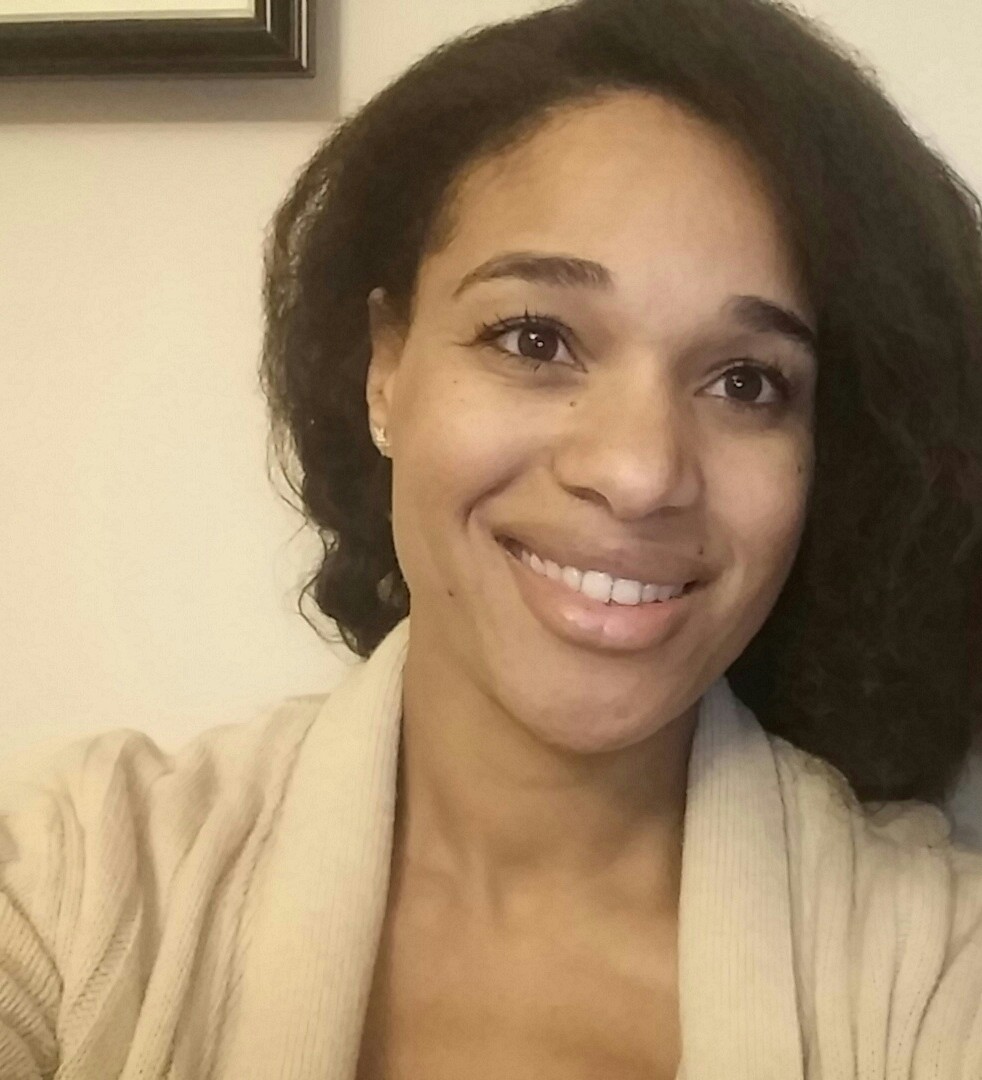 Dr Júlia Baptista (@JuliaGenetics), Royal Devon and Exeter NHS Foundation Trust and University of Exeter, will be taking part in
Dr Júlia Baptista (@JuliaGenetics), Royal Devon and Exeter NHS Foundation Trust and University of Exeter, will be taking part in 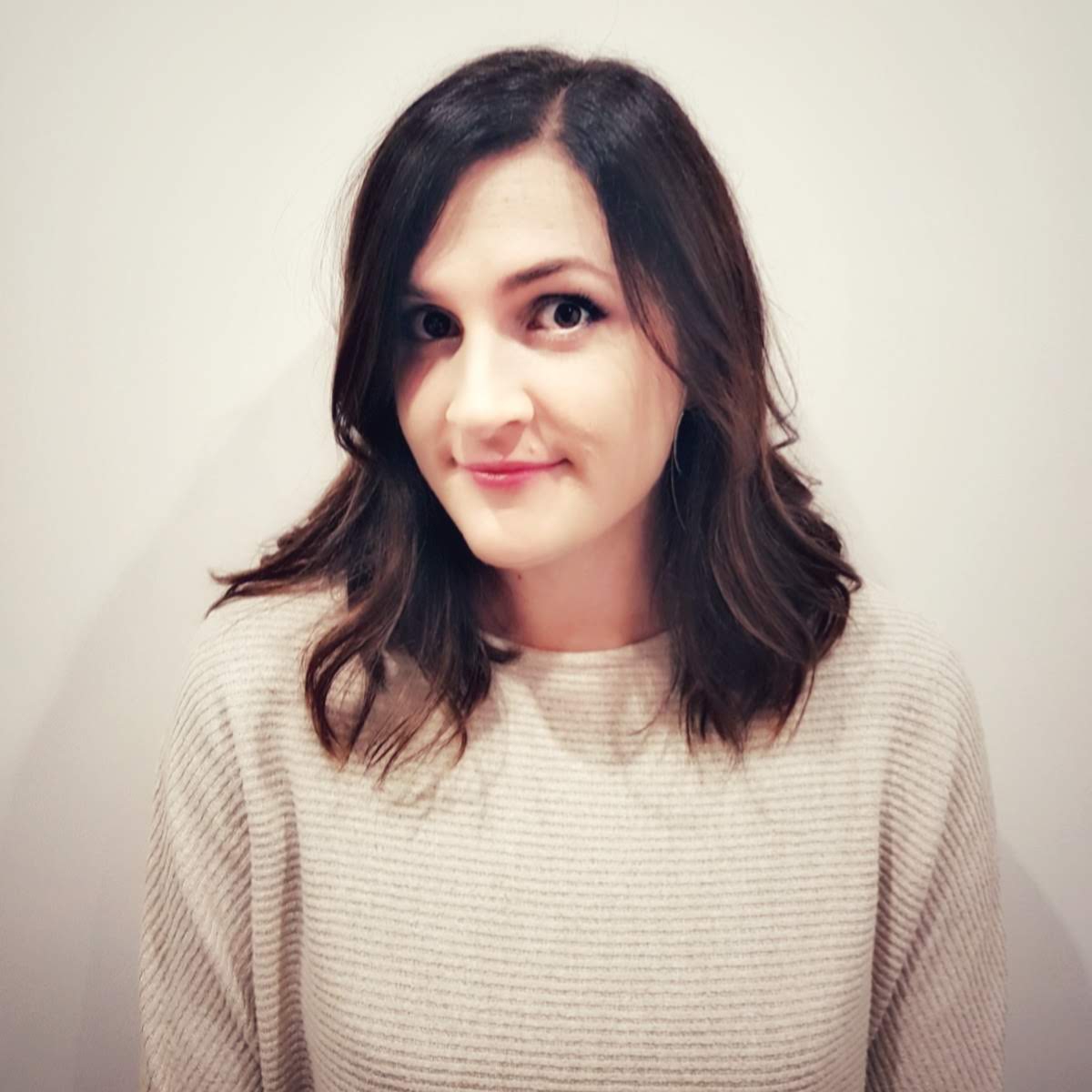 Louisa deDross (@luludedro), Plymouth Marine Laboratory is taking part in
Louisa deDross (@luludedro), Plymouth Marine Laboratory is taking part in 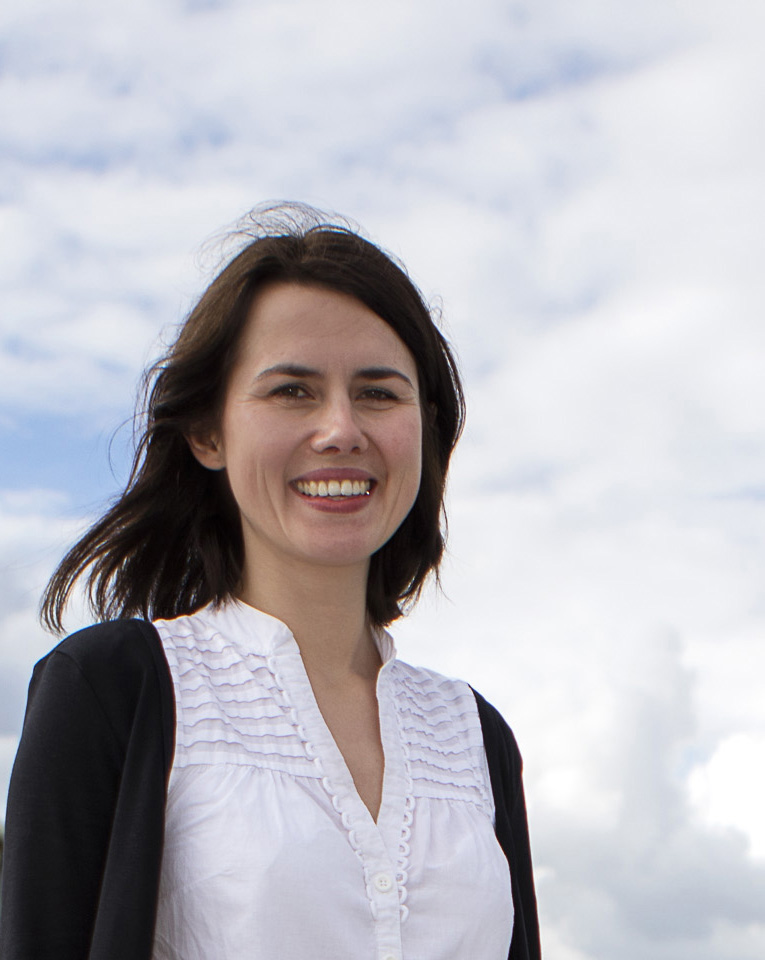
 Ms. Catherine Jordan
Ms. Catherine Jordan


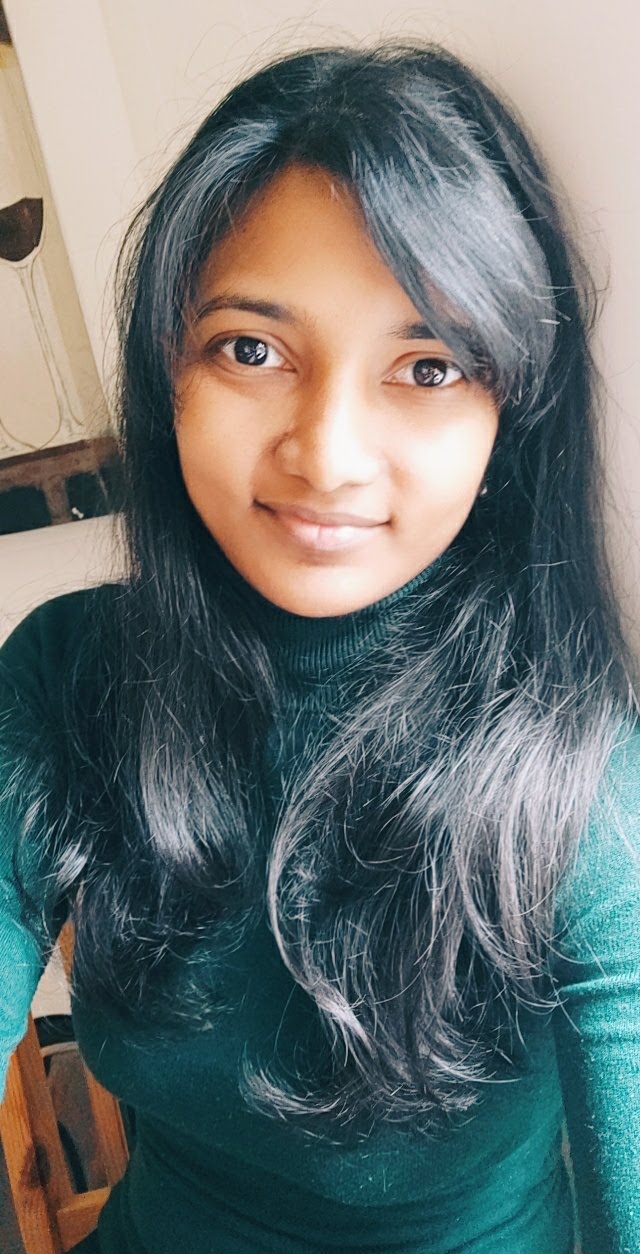
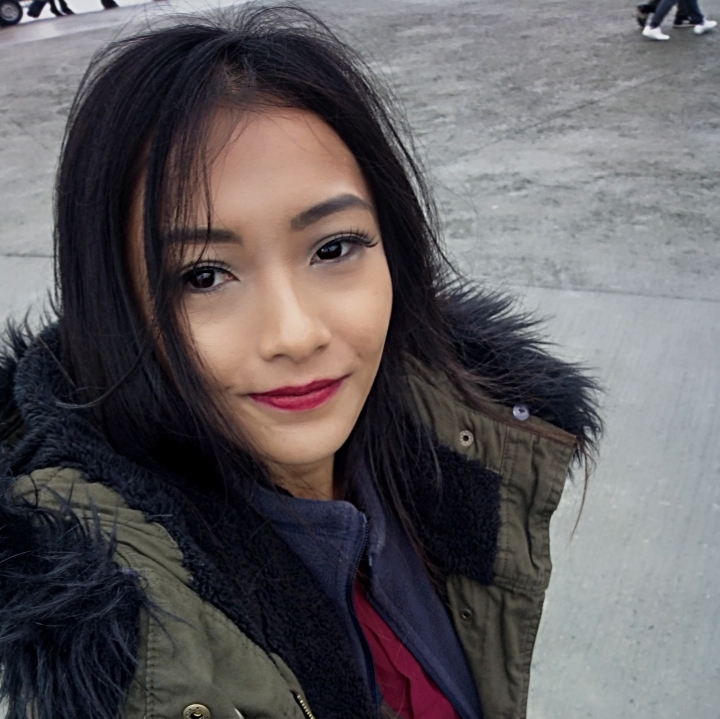 Dr Maggie Lieu
Dr Maggie Lieu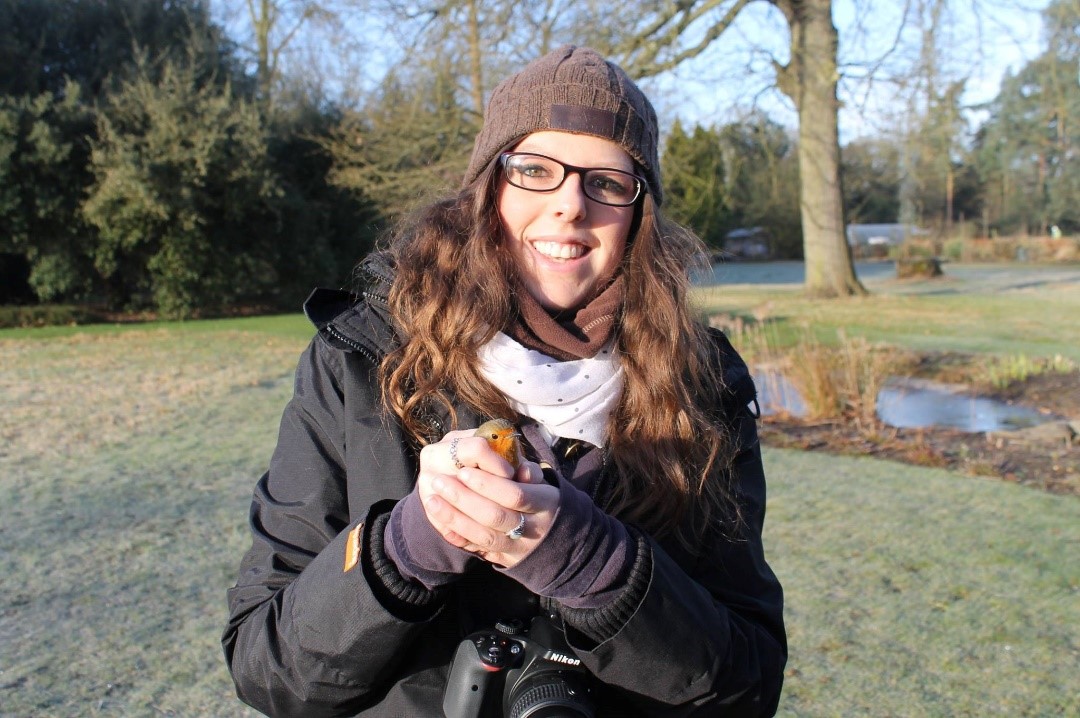 Dr Vicky Boult (@vlboult), University of Reading, is taking part in
Dr Vicky Boult (@vlboult), University of Reading, is taking part in 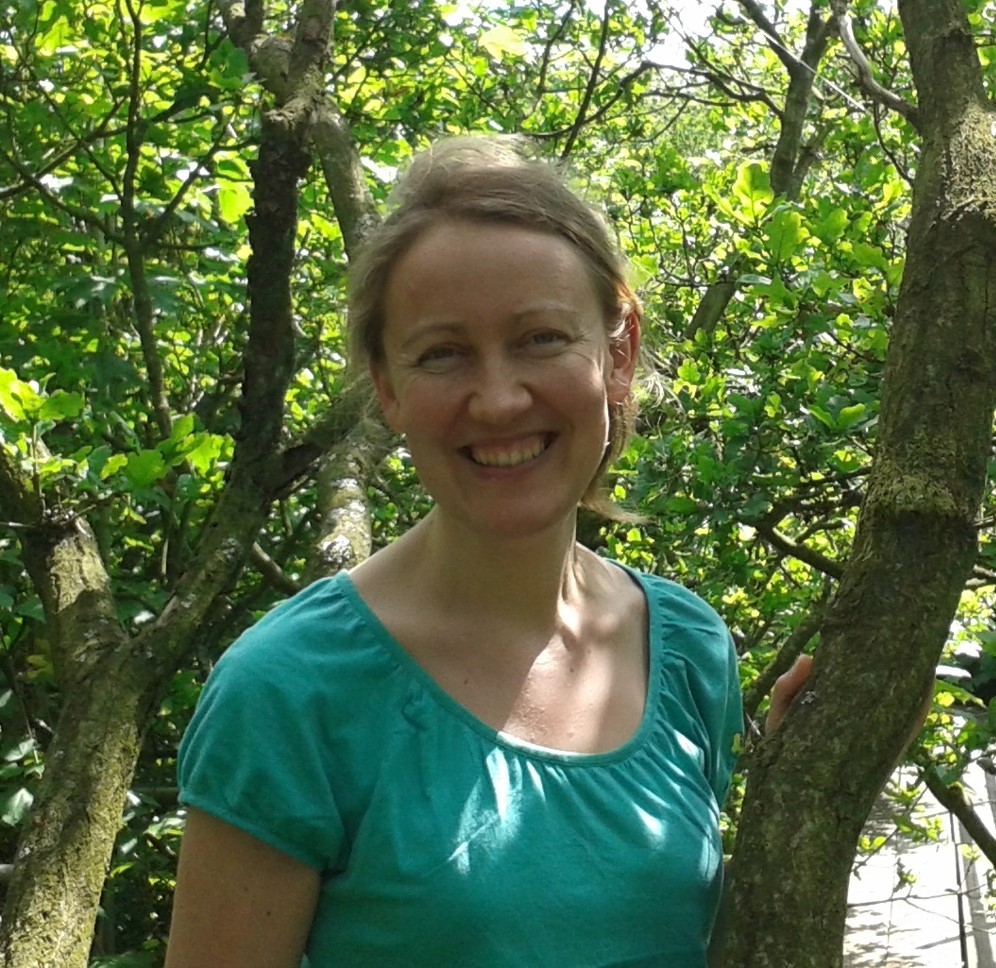 Sofia Gripenberg is a Royal Society Research Fellow at the School of Biological Sciences at the University of Reading. Her work investigates the interactions between plants and their insect enemies. Her current main project assesses the role of insects attacking seeds and seedlings in maintaining and structuring the extraordinary diversity of plant species in tropical forests. She will be taking part in
Sofia Gripenberg is a Royal Society Research Fellow at the School of Biological Sciences at the University of Reading. Her work investigates the interactions between plants and their insect enemies. Her current main project assesses the role of insects attacking seeds and seedlings in maintaining and structuring the extraordinary diversity of plant species in tropical forests. She will be taking part in